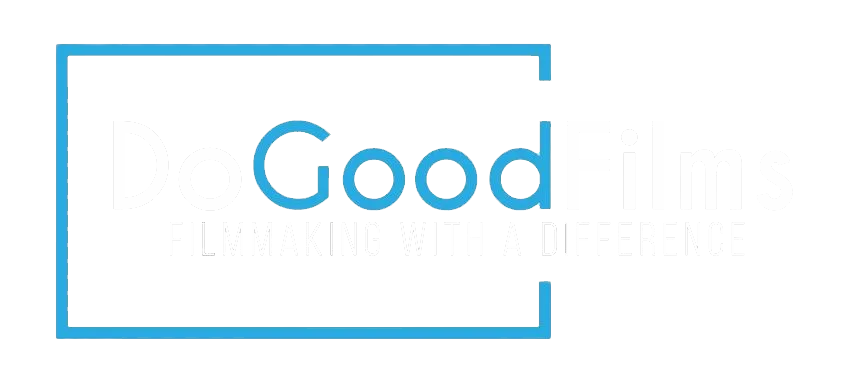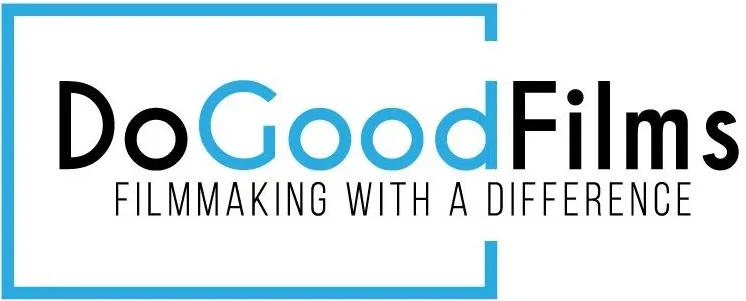Connectivity influences every aspect of our daily routine; searching for news, updating statuses on social media, checking emails, and even tasks as simple as making a phone call or receiving a text message. Yet 49% of the world population still lacks access to the internet as of 2017, according to ITU (International Telecommunications Union). Amongst these marginalised areas include the West Nile region in Uganda which hosts the world’s largest refugee camp, Bidi Bidi.
On our visit to Arua district, the provincial capital of the West Nile which has seen the largest influx of refugees from South Sudan, I had an opportunity to gain insight into the impact NetHope is creating in this region by providing internet connectivity to partner and member NGOs in order to optimise their response to the crisis of South Sudanese refugees in Northern Uganda.
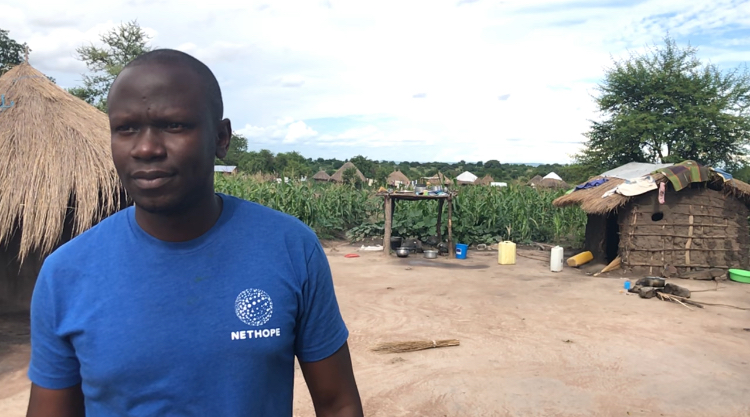
“A lot of the NGOs in the Northern region are responding to the refugee crisis. They have high needs, the refugees have high needs. One of these needs is certainly connectivity.” Tim Timbiti, NetHope’s Lead Consultant in Uganda explains. “Many of the mobile network operators don’t consider investing in these regions because there’s not a lot of high return for them…”
NetHope is helping to change this.
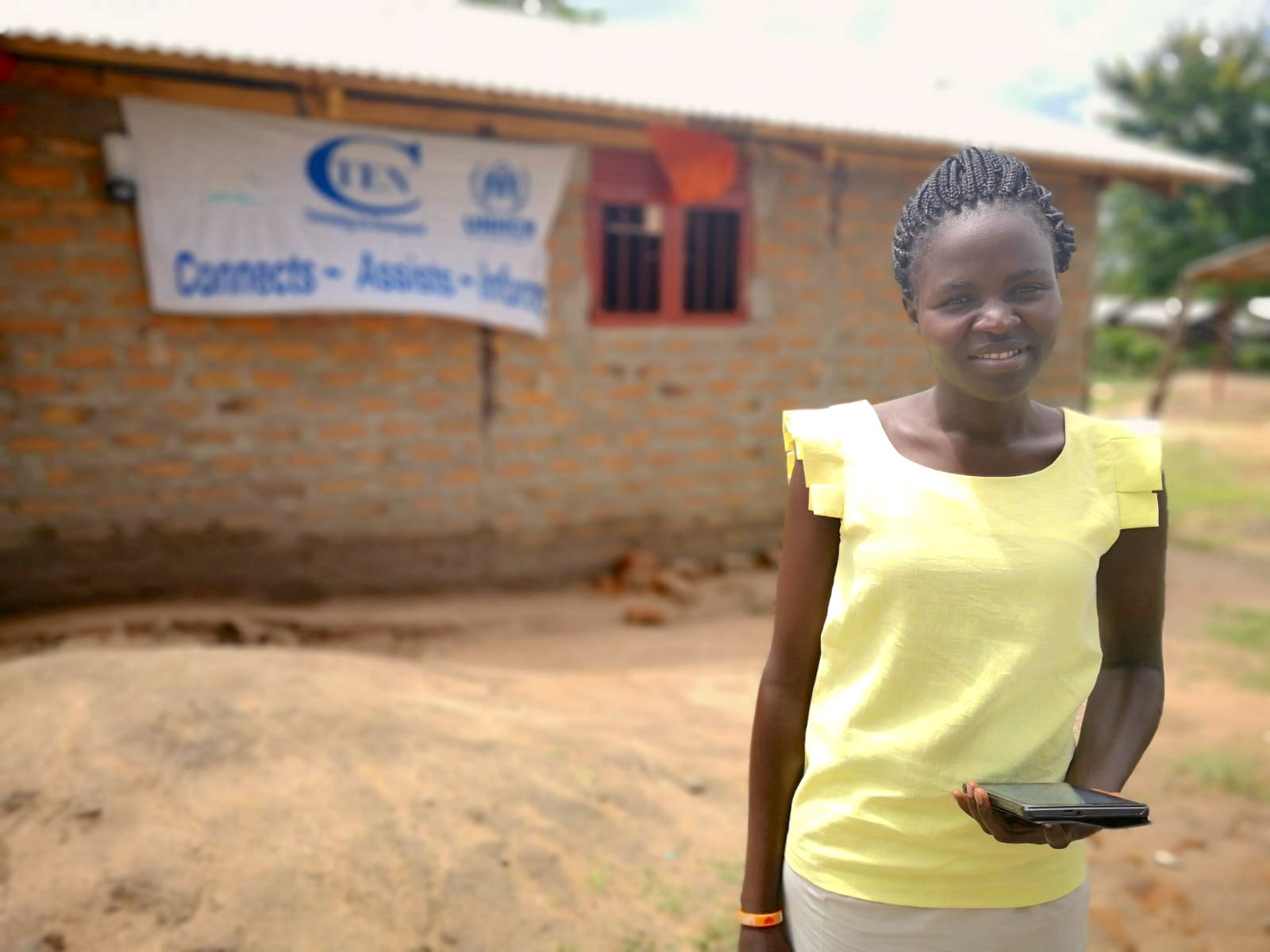 “It was a terrible condition, we could not endure it. We had to come here to be rescued…” shared 23 year old Lillian, a beneficiary of C-TEN (Community Technology Empowerment Network) centre in Rhino Camp refugee settlement, on why she and her family fled South Sudan.
“It was a terrible condition, we could not endure it. We had to come here to be rescued…” shared 23 year old Lillian, a beneficiary of C-TEN (Community Technology Empowerment Network) centre in Rhino Camp refugee settlement, on why she and her family fled South Sudan.
As the crisis in South Sudan enters its fifth year, the influx of South Sudanese refugees into neighbouring countries continues to rise, and is predicted to reach a staggering 3.1 million by December 2018 (UNHCR). Since 2016 over a million South Sudanese have fled into Northern Uganda for safety. Vast remote lands have been generously distributed by host communities for refugee settlements. These settlements resemble picture-book “African villages” made of mud huts and thatched roofs, than the temporary plastic tents often associated with refugee camps. This is perhaps evidence of the longitude of the situation.
“On average a person who is displaced is displaced for as much as 17yrs. As we speak to the Ugandan Government we understand that these people are likely to be here for 20yrs” Grace Becton, team leader for Mercy Corps in West Nile shared.
NetHope, in partnership with CISCO and Airtel, have been able to provide connectivity for 10 member and partner NGOs in the region. Mercy Corp is one of NetHope’s members NGOs receiving connectivity in their regional Yombe office, Northern Uganda. Their work helps to build sustainable livelihoods for refugees as well as the surrounding host communities; a population that faces challenges accessing a phone, paying for airtime or paying for data.
To address this need, Mercy Corp and NetHope together with a local telecommunications company, has provided over 20,000 mobile phones to residents of Bidi Bidi camp at a cost-share to subsidise costs. This has allowed refugees to communicate with their family members in South Sudan and those dispersed in other parts of the world, use mobile money to send and receive funds, access health care information particularly for the elderly and vulnerable, set up small businesses (Eli pictured below) and access social media platforms which brings a sense of connectedness, when otherwise refugees can feel very disenfranchised.
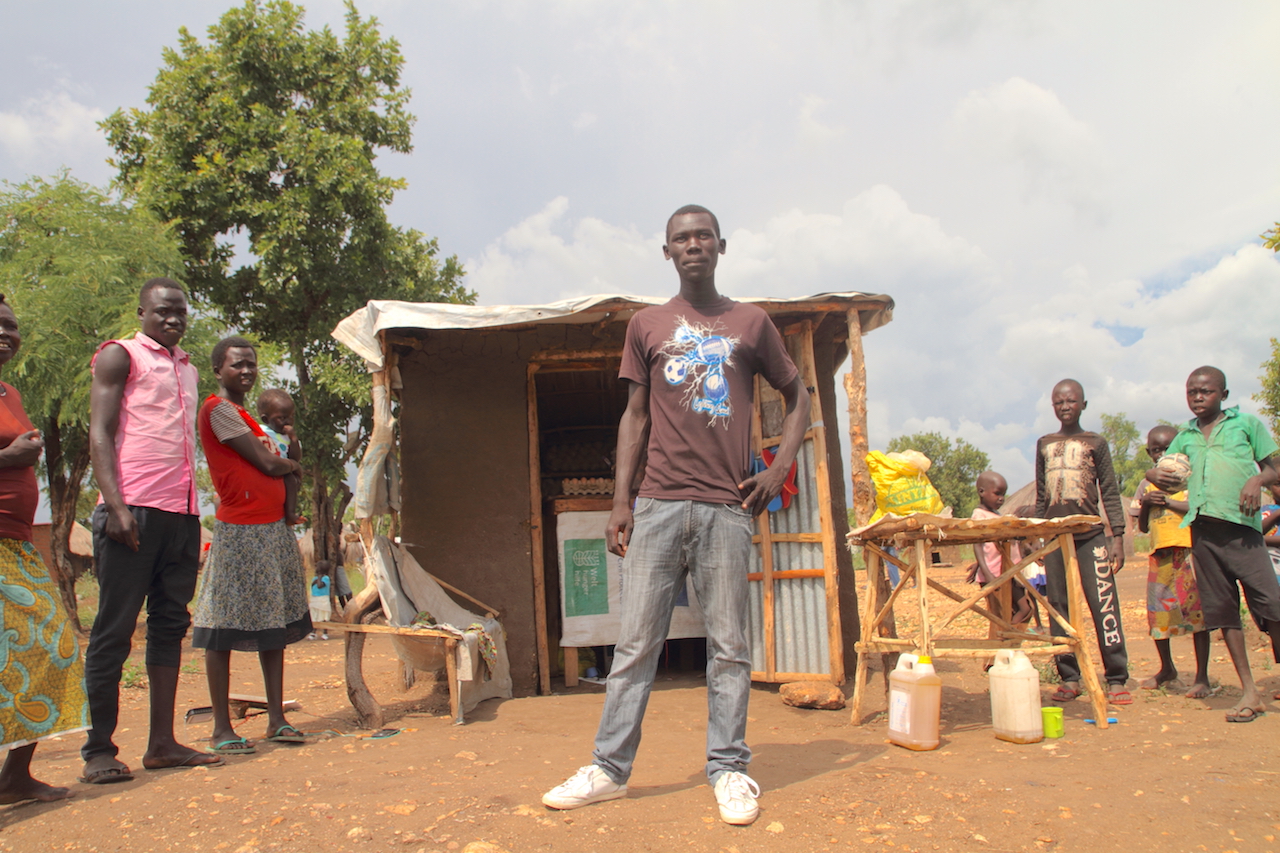
The NGOs and partners we had the privilege of visiting which NetHope supplies connectivity to, enabling them to effectively support refugees in the region, are Medical Teams International, Mercy Corps, Save the Children and C-TEN.
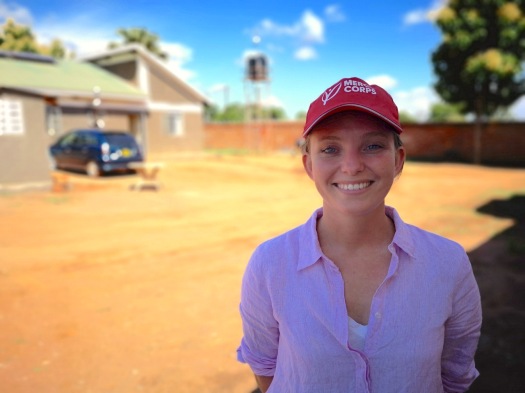 Grace Becton, team leader for Mercy Corps, and NetHope member operating in Bidi Bidi.
Grace Becton, team leader for Mercy Corps, and NetHope member operating in Bidi Bidi.
We’re more easily able to communicate with our colleagues in Kampala, and the other NGOs within the settlements to be able to better coordinate.
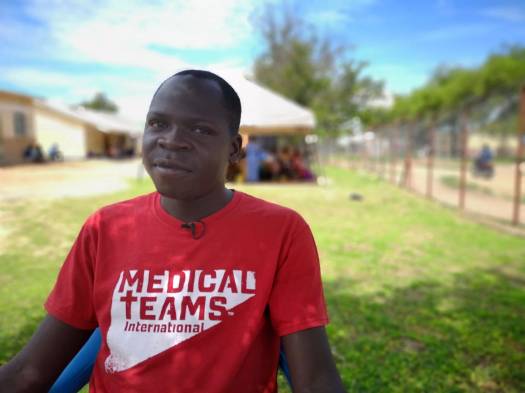
Vincent Debo, clinical officer and team leader for Medical Teams International, and NetHope member, in Rhino Camp refugee settlement.
“We need to report to our head office about all the service we conduct. With the installation of NetHope internet, we have been able to meet (our) deadlines.”
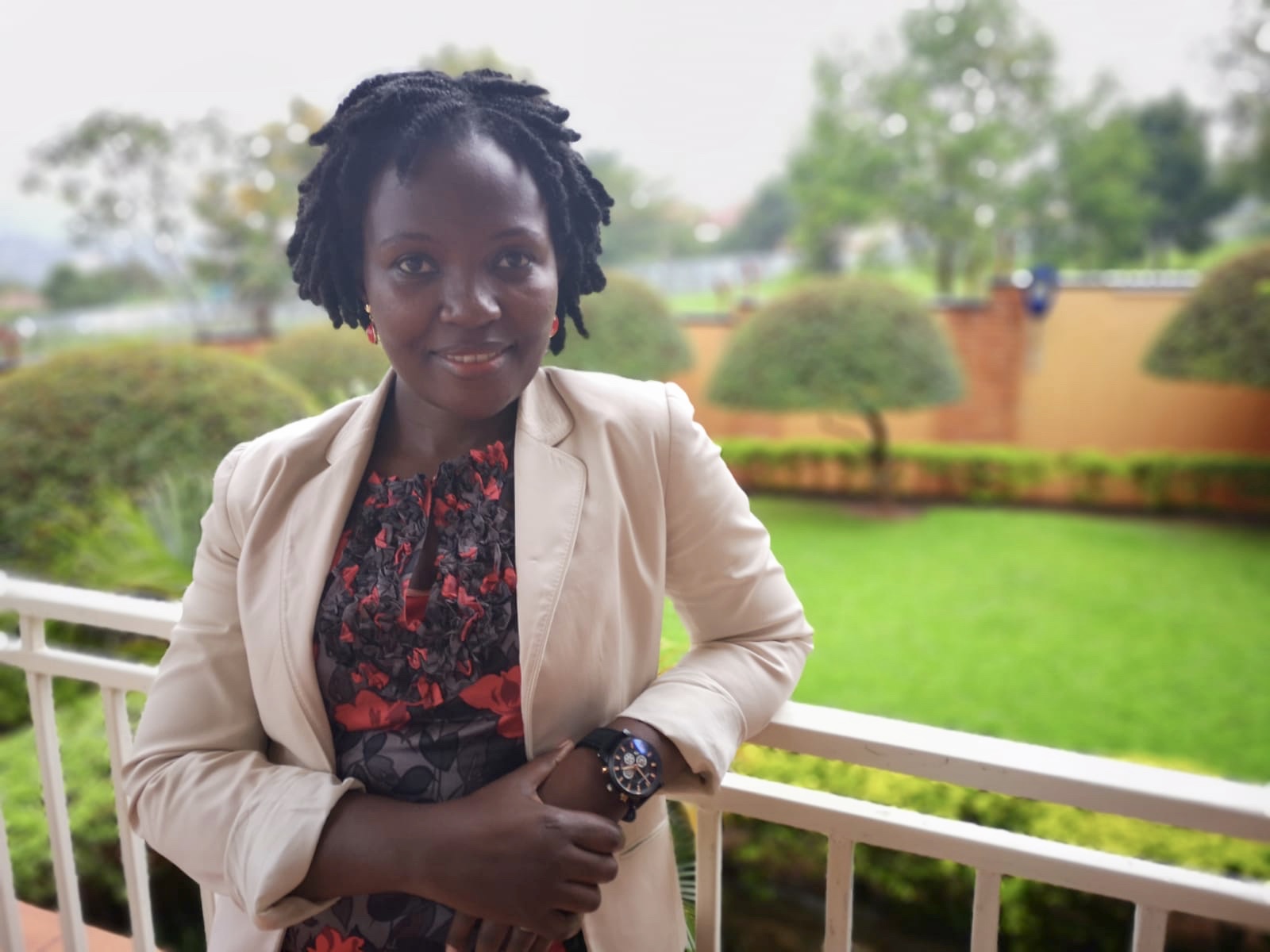
Doreen Mugisha, IT manager for Save the Children, and NetHope member.
“We can’t do our work without connectivity. If, for example, we have a child protection case and we can’t report it, that would be a big problem. It’s important that (connectivity) is always on—24/7.”
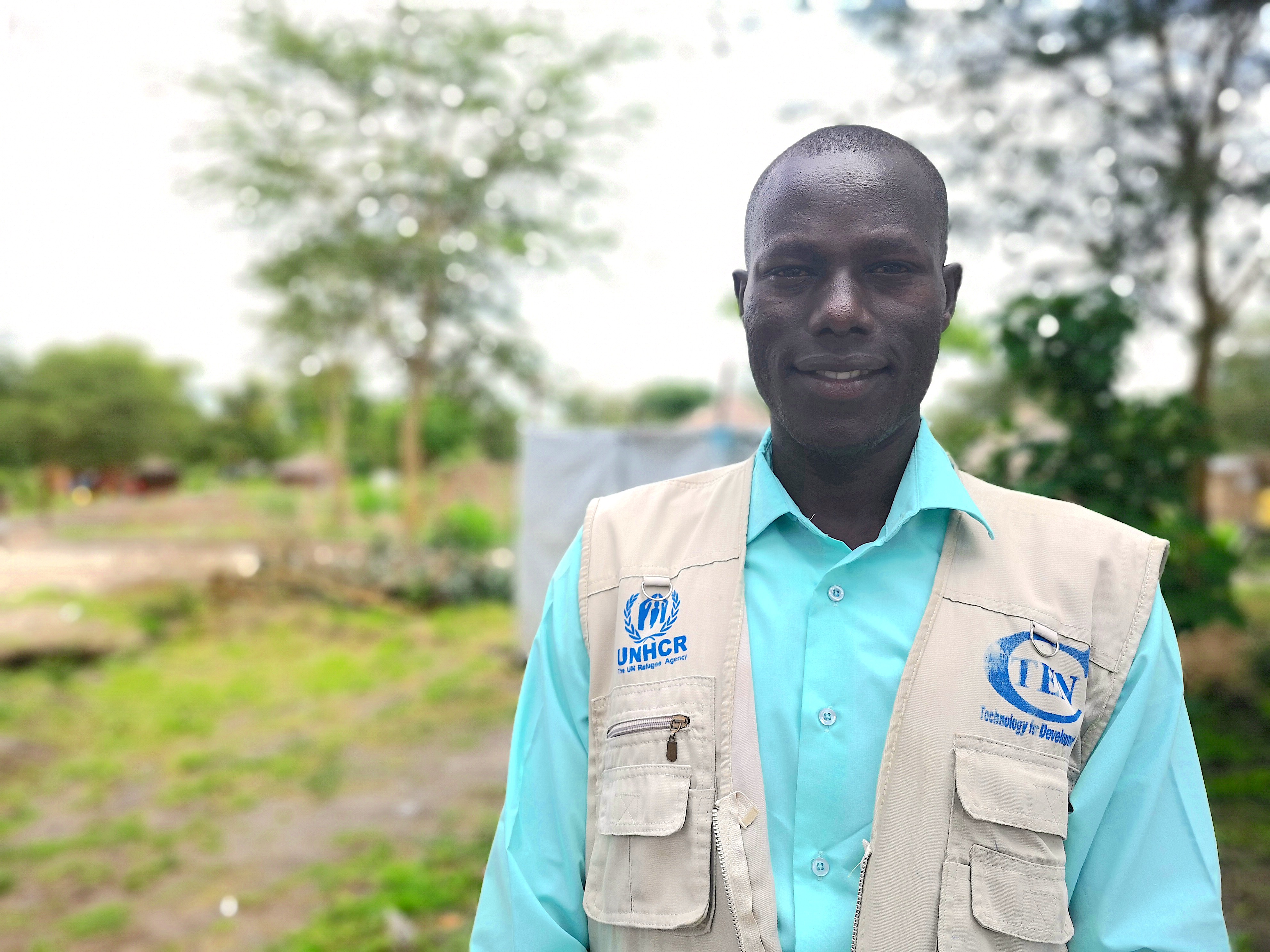
“To do our work, we needed better access to the internet. That’s when NetHope came in. The technology has changed the mindset of the people. We are very proud to be associated with NetHope.”
No matter where we are in the world, we expect to be able to connect with others, share our thoughts, and circulate information. NetHope’s connectivity gives it’s partners, members and refugees more power to intervene, influence and act on their needs in real time. Connectivity is essential. Connectivity matters.
Find out more on the NetHope blog CLICK HERE
CLICK HERE for our behind the scenes vlog!
Words and photography by Kai Lutterodt
As always, we’d love to hear your thoughts and suggestions! Share them in the comment box below!
The DoGoodFilms team
Got a cause you’d like us to film? Find out more about Ivo or CONTACT US!
E-mail: ivo@dogoodfilms.org
Phone: +44(0) 783 778 8646
CONNECT WITH US!
